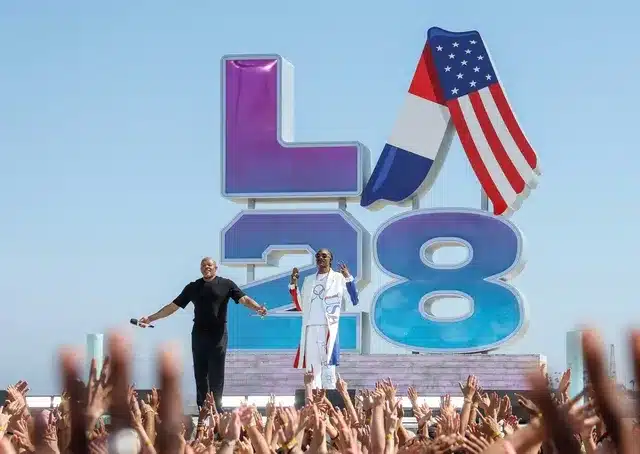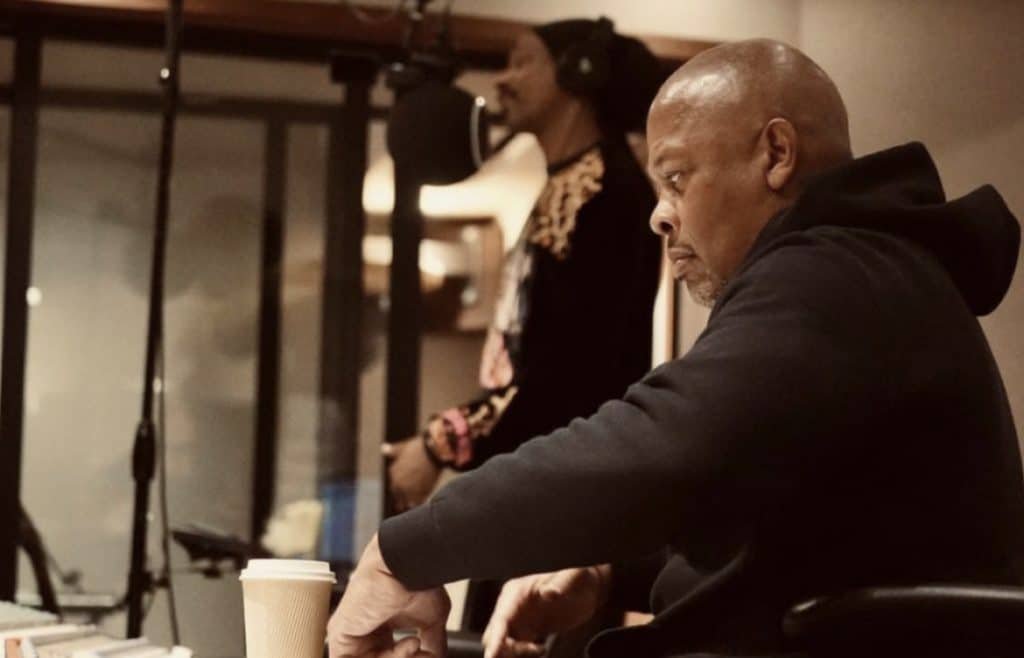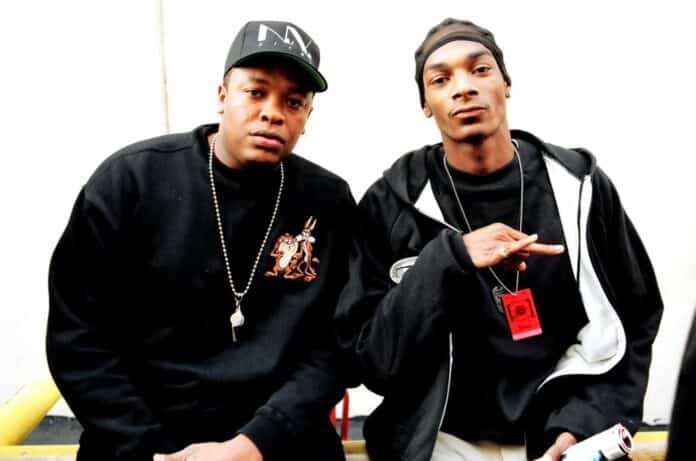Snoop Dogg has been teasing “Missionary”—the Dr. Dre-produced album that is meant to be an homage to Snoop’s 1993 masterpiece and debut, “Doggystyle”—for years. And now, the album has an official release date: Dec. 13, just in time for the holidays.

Why Snoop Dogg’s ‘Missionary’ is such an important part of Snoop’s legacy.
The relationship between a producer and their artist can often be complicated. But for Dr. Dre, being with Snoop is outright, in his own words, “synergistic.”
“It’s magical. I don’t even feel comfortable performing without Snoop Dogg,” Dre said after the pair iconically performed for the handover ceremony of the Olympics along the shores of Long Beach earlier this year. (No, not Venice Beach.) “Something about the synergy that me and Snoop have is really interesting. Really… Snoop? He’s the superstar. I’m the co-star when we get on stage. It’s different when we’re in the studio, you know? I’m the captain when we’re in the studio, but when we go outside, Snoop is the guy.”

Before Dr. Dre was still flying high after his debut album in 1992, the endlessly influential “The Chronic,” he wanted to introduce a Long Beach artist mid-single-releasing on a song for the soundtrack of the Laurence Fishbourne-led drama “Deep Cover.” Snoop Dogg’s appearance on a Dr. Dre single was a set up for Dre’s release of “The Chronic” just a bit later that year. After all, that album’s first single? It was none other than “Nuthin’ but a ‘G’ Thang” featuring Snoop Dogg.
It was crystal clear what Dre’s marketing campaign was: Ego aside, Dre knew Snoop was a star. And his appearance on “Chronic” propped “Doggystyle,” Snoop’s debut, to hold the opening week sales record for a debuting artist and the fastest-selling hip-hop album ever at the time. To have a new album that each artist says deeply refers back to this kindred relationship each have with one another marks a cultural moment.

Snoop acquiring Death Row Records is also part of that very legacy.
Of course, what “Missionary” ultimately represents is a harnessing of what Dre and his entire crew did in the early 1990s via Death Row Records. And that was introduce the world to a particular style of hip-hop that melded 1960s/70s Parliament-Funkadelic sounds led by George Clinton. This was G-funk.
Surely, “The Chronic” did this in a way that held a deep sense of gravity; it reflected Dre’s reaction to the horrifying 1992 riots. “Doggystyle” was almost a whimsical nod in return. Playing off of the heroism of Blaxploitation flicks, “Doggystyle” actually harnessed the humor Clinton and his own crew developed but with a Long Beach realness that definitively marked Snoop Dogg as an artist not only separate from his L.A. comrades but from every artist in hip-hop period. (This also explains the hilarious, very 90s clip Snoop shared to officially announce “Missionary.”)
This cultural shift was under Death Row Records, which, at the time, was providing a platform to Black, SoCal-based talent in a way that altered the music industry. Dre. Snoop Dogg. Tupac. Daz. Warren G. Nate Dogg (RIP). Kurupt. As the label drifted away from these roots, so did its influene and revenue. (You have to remember: At its peak, Death Row was pulling in some $150M per year.)
Snoop’s acquisition of Death Row in 2022 marked his first release on the label as its owner, “B.O.D.R.” Since then, Dre and Snoop Dogg have been working on “Missionary”—and we can’t wait to hear its 16-track bliss come December.


